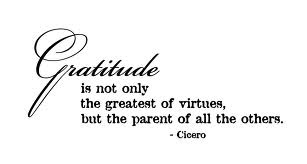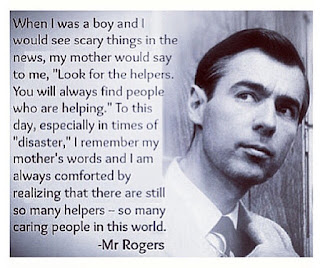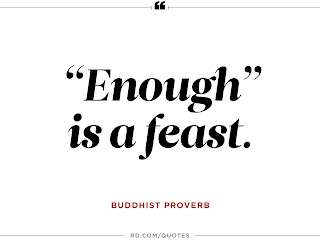When Gratitude Isn’t Easy
by J.M. Phillippe
The common wisdom is that a daily practice of gratitude is not only good for the soul, it is also good for your mental health. As a therapist, I often help my clients focus on the positive in their life, and on their own strengths. Strengths-focus is the heart of Positive Psychology, “the scientific study of the strengths that enable individuals and communities to thrive.” Martin Seligman, the founder of Positive psychology wanted to find a way to help people “to lead meaningful and fulfilling lives, to cultivate what is best within themselves, and to enhance their experiences of love, work, and play.” He found it in practices of strength-based focus on positivity.
I am a huge fan (and amateur practitioner of) positive psychology, so I get all the health benefits of gratitude. But lately, I have found gratitude to be particularly challenging — I am having a hard time staying focused on what is good.
Right now, there is a lot of hurt in the world. Here in the US, we have water protectors at Standing Rock getting hosed down in freezing water, and the Southern Poverty Law Center reporting a high number of incidents of hate crimes since the Presidential Election. My clinical clients are struggling — some have been targeted by hate crimes themselves and most are afraid of what will happen next. Plus, there is still a lot of bad things happening outside our country, the most recent being yet another huge natural disaster in Japan (BIG earthquake). In the midst of all these horrible things, how do you stay focused on the strengths? How do you continue to practice gratitude?
I want to remind people that gratitude is not an absolute feeling. It’s not something that requires that you feel it, and only it. Gratitude is an “and”, not a “but”. There are horrible things happening in the world, “and” I am thankful that most of the people I love are safe and sound. There is a lot of fear and hate floating around, and I am grateful that people are still able to come together under the umbrella of love. The “and” is not trying to eliminate, or even counter, everything that comes before. Gratitude is not about balance — some things are so horrible a simple expression of thankfullness could never even begin to counter them. Gratitude is a practice of opening up all the parts of us that are afraid, sad, and overwhelmed just enough to let some of the good in — and some of the good out. It is the the thing that lets us keep the words of Mr. Rogers in mind:



